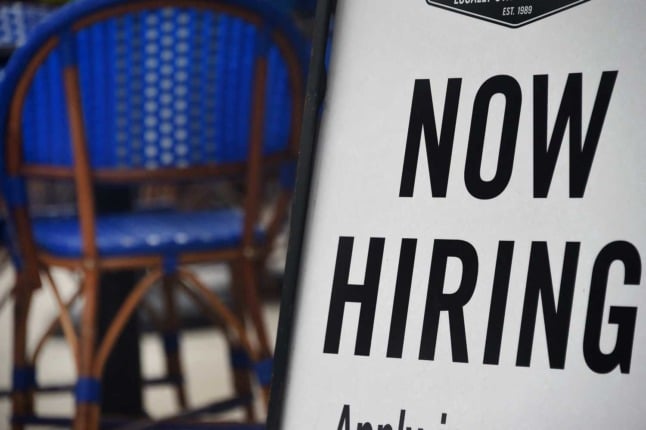Switzerland has released its annual salary book which chronicles the average wage for major jobs in Switzerland.
Not only does it indicate average wages, but also how much a person can expect to earn if they gain additional experience.
The book is released yearly and takes into account salaries across the country from a variety of sources.
“The approximately 9400 details come from collective employment contracts as well as recommendations and statistics” Livia Tosoni, the author of the payroll book, told Swiss news outlet 20 Minutes.
While the salaries listed in the report do not provide an exact picture of what people are actually earning every month, they do give a key insight into which jobs are well paid and which are not.
A summary of the 2019 and 2018 versions of the book can be seen by clicking the links.
Tosoni said that the study’s findings do not showcase the full impacts of the coronavirus pandemic.
“The currently available data from the wage surveys and the collective wage agreements do not yet allow any solid statements on this,” Tosoni said.
“Based on today’s knowledge, we assume that the wage development from 2020 to 2021 was lower than in other years.”
An abridged version of the study can be found here.
How much do people earn in Switzerland on average?
Swiss wages published by the Federal Statistical Office (OFS) shed light on some interesting facts, including on how much foreign workers earn compared to their Swiss counterparts.
According to FSO’s Swiss Earnings Structure Survey of 2018, the last year for which official statistics are available, the median monthly wage in Switzerland is 6,538 francs.
The salaries have not dramatically changed since then.
The study shows that the lowest-paid 10 percent of employees earned less than 4,302 francs per month, while the highest-paid 10 percent earned nearly 11,700 a month.
More information about wages in Switzerland can be found at the following link.
Swiss salaries: How much do people earn in Switzerland?
What are the highest paid professions?
As with the results from previous years, the highest paid job in Switzerland is a Chief Financial Officer, which has an average monthly salary of 14,231 francs (before tax).
Pilots are also highly paid – the impacts of the coronavirus notwithstanding – taking home 8,365 to 9,361 francs per year.
While doctors will earn a strong salary of 8,076, a chief doctor or physician will take home 13,030 francs per month.
Credit and risk managers take home 8,788 francs a month.
Teachers in Switzerland earn 6,647 francs per month (Kindergarten) and between 7,093 and 7,516 francs per month in primary or high school.
READ MORE: What do teachers earn in Switzerland – and where do they earn the most?
What about the lowest paid?
At the other end of the spectrum, flight attendants earned one of the lowest wages when it came to non-apprentice workers.
Flight attendants in Switzerland earn 3,400 francs per month, rising to 3,500 per month from the third year.
Employees in smaller shops and kiosks earn 3,700 per month, rising to 3,900 from the fifth year of service.
READ MORE: How much do freelancers earn in Switzerland?
The rate is higher in Switzerland’s supermarket chains, where collective labor agreements help push up the average salaries.
At Coop and Migros, the salary is 4,200 francs, while at Lidl the average monthly pay is 4,350 francs.
Working in the service industry – although obviously one of the hardest hit occupations due to the pandemic – pays an average of 4,195 francs per month.



 Please whitelist us to continue reading.
Please whitelist us to continue reading.
Member comments